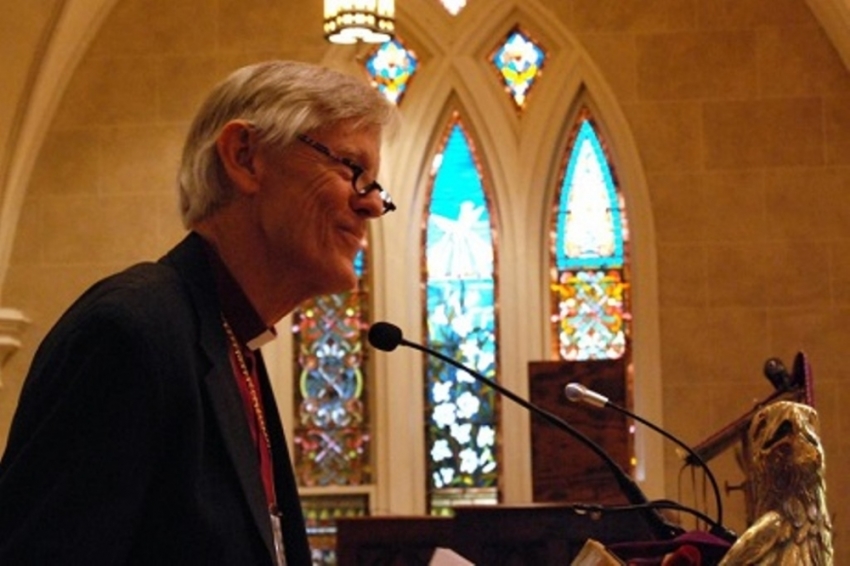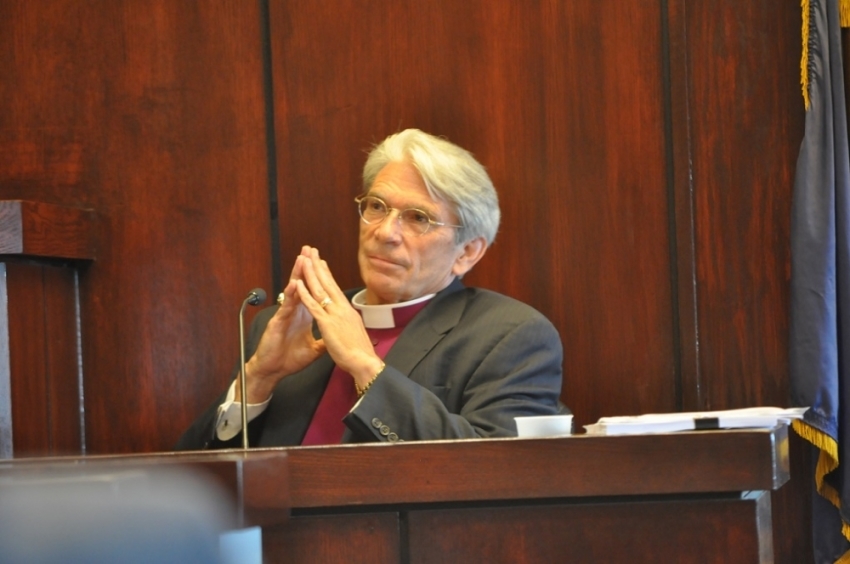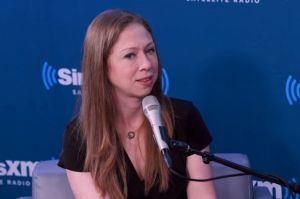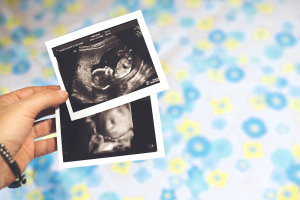The Episcopal Church Files Motion Against Breakaway South Carolina Diocese in Attempt to Take Over $500 Million Property

A "motion for reconsideration" has been filed on behalf of The Episcopal Church of South Carolina against a diocese that voted to break away from the denomination, and is seeking to take over the local church's properties that are estimated to be worth $500 million.
A group loyal to the national denomination, called The Episcopal Church in South Carolina, filed the motion against the Diocese of South Carolina, which earlier this month won a court judgement in which it retained ownership of dozens of church properties.
Although District Court Judge Diane Goodstein ruled on Feb. 4 that the Protestant Episcopal Diocese of South Carolina rightfully owns the church properties and not The Episcopal Church, it was expected that the national denomination was going to file a motion in an attempt to gain control of the church's assets.
In the 182-page motion for reconsideration, the defendants argued that the decision did not address key legal points of concern.
The motion by The Episcopal Church and its local allies also argued that the original decision erred on multiple points.

"The court erred by failing to recognize that the parties are all part of a religious organization and that their status as incorporated or unincorporated entities does not eradicate the application of First Amendment legal protections," continued the motion.
"The court erred by applying corporate definitions of membership to the relationship between The Episcopal Church and the Diocese, and by failing to recognize clear evidence establishing that the diocese is in union with and part of The Episcopal Church, which is a hierarchical religious organization."
In November 2012 at a meeting held at St. Philip's Church in Charleston, the Diocese of South Carolina voted to leave The Episcopal Church.
Diocesan leaders took this action due to the national denomination's increasing acceptance of homosexuality and the reported mistreatment of the Rev. Mark Lawrence, bishop of the diocese.
"This has never been about who is welcome or not welcome in our church. … It's about what we shall tell them when they come," stated Lawrence.
In January 2013, the diocese filed a lawsuit over who had control of the diocesan name and property, the breakaway leadership or those who remained loyal to The Episcopal Church.
The breakaway leadership garnered some early legal victories, such as getting an injunction allowing them to use the name Diocese of South Carolina while the lawsuit was processed.
Episcopalians loyal to the denomination changed their name to The Episcopal Church in South Carolina and eventually elected the Rev. Charles vonRosenberg as their provisional bishop.
Last July, for several days Goodstein heard arguments between the two sides over the diocesan name and property.
Earlier this month, Goodstein ruled in favor of the diocese, issuing a 46-page decision in which she ordered the name and property to be given to the breakaway leadership.
"It is … undisputed that there is nothing in the deeds of their real property referencing any trust in favor of TEC," wrote Goodstein.
Regarding the Goodstein order, Lawrence issued a statement expressing gratitude for the result while being wary that a motion was expected.
"There is a need for us to persevere. Persevere in defending our identity both as congregations and diocese. Persevere in continuing litigation," said Lawrence.
"But most importantly to persevere in our commitment to move forward with our God-given dreams and mission."



























